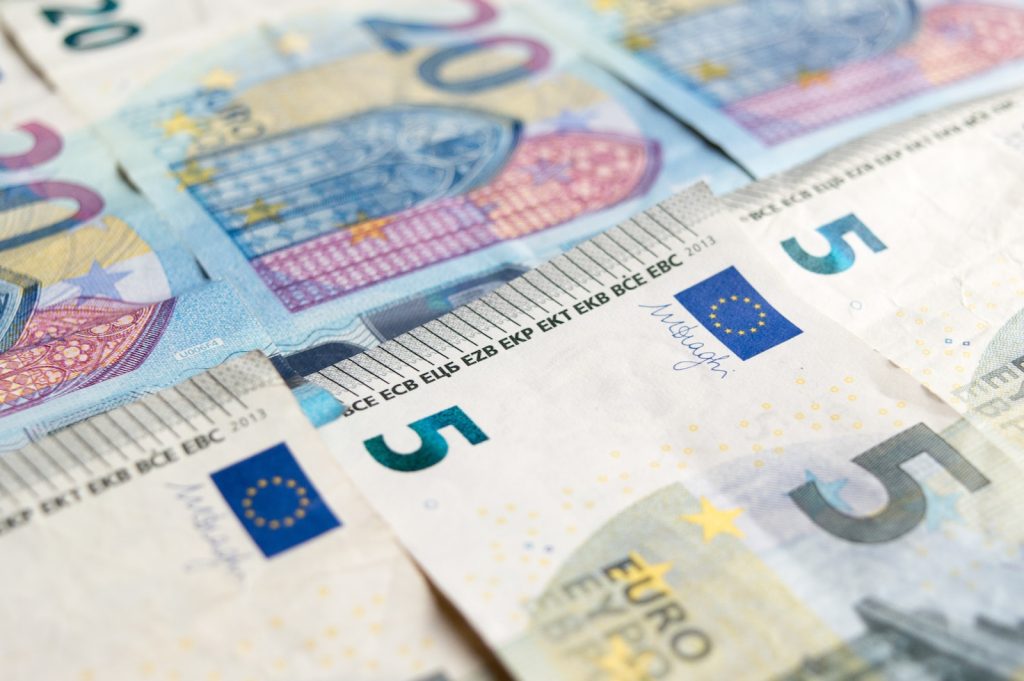Hello there, fellow conscious consumers! I’m Jane Anderson, and for the past four years, I’ve been on a journey towards ethical spending. You might remember me from my previous blogs, where I’ve shared my insights and experiences in the world of responsible consumerism. Today, I want to delve into a topic that’s close to my heart – the financial implications and strategies associated with ethical spending. So, grab a cup of your favorite fair-trade coffee, settle in, and let’s explore how we can be responsible consumers without breaking the bank.
The True Cost of Cheap Goods
We live in a world where fast fashion, disposable gadgets, and bargain-bin products are all too readily available. While these items may seem like great deals upfront, the true cost often lurks beneath the surface. Cheaply made goods often come at the expense of exploited labor, environmental degradation, and social injustice.
Let’s take the fashion industry as an example. Those $5 t-shirts you snagged on sale may have been produced in sweatshops where workers endure unsafe conditions and earn meager wages. Not to mention the environmental toll of cheap textiles, as they contribute to pollution and waste. The financial implication here is that you may save a few dollars now, but the long-term consequences can be devastating for both your wallet and the world.

Investing in Quality
One of the key financial strategies for responsible consumerism is to invest in quality products that last. Yes, it might mean paying a bit more upfront, but the savings over time can be substantial. Consider buying durable clothing, well-crafted furniture, and high-quality electronics. These items may come with a higher price tag, but they tend to outlast their cheaper counterparts.
For instance, a well-made leather wallet might cost you more than a synthetic one, but it can last for years, whereas the cheap option might fall apart after a few months. By opting for quality, you’re not only reducing waste but also saving money in the long run.
Budgeting for Ethical Purchases
Responsible consumerism doesn’t have to mean emptying your bank account. It’s all about prioritizing your values and making conscious choices. One effective strategy is to create a dedicated budget for ethical purchases. Allocate a portion of your monthly spending to support sustainable brands and products.
Let’s say you set aside $50 per month for ethical purchases. Over the course of a year, that’s $600, which can go a long way in supporting companies that align with your values. It’s like a guilt-free shopping spree, knowing that you’re making a positive impact with your dollars.
Mindful Consumption
In our consumer-driven society, it’s easy to fall into the trap of impulse buying. However, practicing mindful consumption can save you a considerable amount of money while aligning with your ethical principles. Before making a purchase, ask yourself a few questions:
- Do I really need this item?
- Can I find a more sustainable alternative?
- Is this purchase in line with my values?
- Will I use this item for a long time?
By pausing and reflecting on your purchases, you can avoid unnecessary expenses and make more responsible choices.

Thrift Shopping and Secondhand Delights
One of my favorite ways to combine ethical spending with budget-friendly choices is thrift shopping. It’s like treasure hunting for sustainable gems! Thrift stores are packed with gently used clothing, furniture, and more, all waiting for a second chance at life.
Not only can you score unique and stylish finds, but you’re also reducing demand for new products, which helps curb the environmental impact of manufacturing. Plus, thrift shopping is incredibly budget-friendly. You can often find high-quality items at a fraction of their original price.
Supporting Ethical Brands
Another fantastic way to make a difference without blowing your budget is to support ethical brands. Many companies are committed to sustainable and responsible practices, from using eco-friendly materials to ensuring fair labor conditions.
For example, Patagonia, a well-known outdoor brand, not only produces durable clothing but also donates a percentage of its profits to environmental causes. By choosing to buy from such brands, you’re contributing to positive change while still getting value for your money.
Ethical Investment
If you’re looking for a way to align your financial goals with your ethical values, consider ethical investment options. Ethical investing involves putting your money into businesses and funds that prioritize environmental, social, and governance (ESG) factors.
By investing in ESG funds or socially responsible companies, you can grow your wealth while supporting causes you believe in. While it’s important to note that all investments carry some level of risk, ethical investments allow you to potentially make a positive impact on the world and your financial future.
Tax Benefits of Donations
Donating to charitable organizations is a powerful way to make a difference, but did you know it can also have financial benefits? Many countries offer tax deductions or credits for charitable contributions. By supporting causes you care about, you can reduce your taxable income and potentially receive a tax refund.
Before making a donation, be sure to research the tax laws in your country and keep records of your contributions. It’s a win-win – you’re helping those in need while saving some money on your taxes.
Final Thoughts
Responsible consumerism is not just about being ethical; it’s also about being financially savvy. By investing in quality, budgeting for ethical purchases, and practicing mindful consumption, you can make a positive impact on the world and your wallet simultaneously. Thrift shopping, supporting ethical brands, and exploring ethical investments are additional strategies to consider.
Remember, it’s not about perfection but progress. Small steps toward responsible consumerism can lead to significant positive changes in your life and the world around you. So, go ahead, embrace ethical spending, and watch your financial well-being flourish along with your sense of fulfillment. Happy shopping, ethically conscious consumers!

































